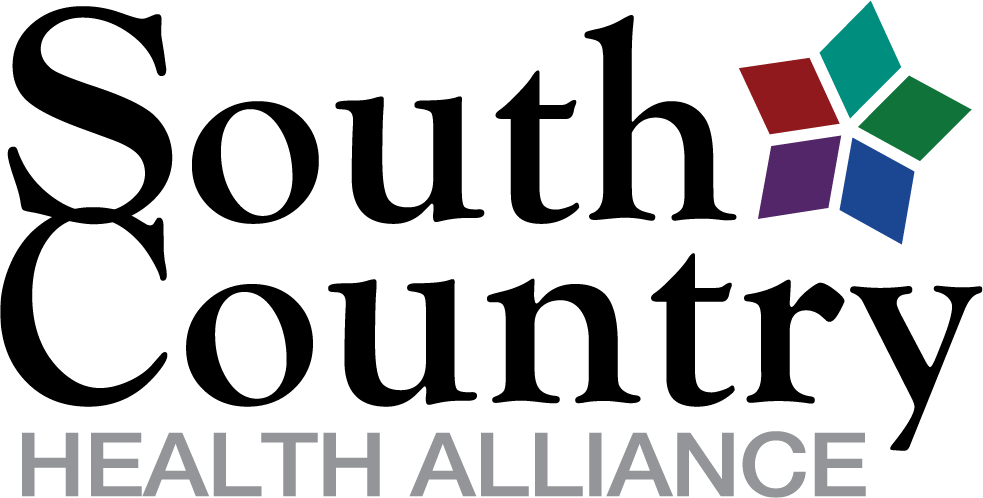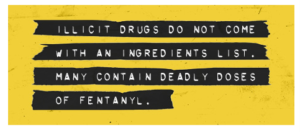Behavioral health is a healthcare term used to describe the range of mental wellness and how we cope with our daily challenges. Mental health and substance use disorders are part of behavioral health. South Country covers a wide range of benefits to treat both mental health and substance use disorders including assessments, outpatient treatment and inpatient treatment.
Mental Health
Health refers to the general condition of the body or mind. In the same way that physical health changes can occur, a person's mental health can vary throughout their lifetime. These changes can occur with age, after a significant life event or due to stressors in a person's environment.
Be aware of symptoms you are experiencing when your mental health is not at its best. A good time to talk to a professional is when symptoms start to interfere with your daily life. Symptoms may include changes in sleep pattern (either too much or too little), having a hard time completing daily tasks such as taking care of your kids or getting to work, pulling away from people you normally like to spend time with; and increased irritability or fighting with family or friends.
Start by talking to your primary care doctor. They can help you sort through symptoms you are experiencing. If needed, they can refer you to a provider who is more specialized in treating mental health conditions.
Substance Use Disorder
Substance Use Disorder (also known as Chemical Dependency) is the formal term for when someone’s repeated use of alcohol and/or drugs causes major impairment, including health problems, disability, and failure to meet major responsibilities at work, school or home. (Taken from https://www.samhsa.gov/find-help/disorders) (external website)
Substance Use Disorder treatment can come in many different forms. Inpatient treatment (residential treatment or rehab) is when someone lives at a facility for an amount of time and receives therapy and coping strategies to help them stay sober. Outpatient treatment is for those who are living in their homes but go to a treatment facility for therapy. Outpatient treatment could occur multiple times a week for several weeks at a time.
If you feel your drug and/or alcohol use is at a point where you would like to receive treatment, you must first begin with a Rule 25 assessment. This is an assessment that determines the level of treatment (inpatient or outpatient) that you would qualify for. To get information on where you can go to have a Rule 25 assessment completed, call or visit your county’s Human Services Department. You can also call Member Services at 1-866-567-7242 (TTY users call 711) and asked for someone in the South Country Behavioral Health Team to talk about a Rule 25 assessment.
Learn more about these specific substances:
If you have concerns about your use of these substances or others, South Country is here to help you find resources for substance use disorder treatment.
Please call us at 1-866-567-7242. TTY users call us at 1-800-627-3529 or 711. Calls to these numbers are free.
Need to dispose of medications? Go to the Safe Disposal of Medications page.
Resources
H2419, H5703_4931_C
Last Updated on 05/22/2023 by Chris Gartner

